Abusive Lawsuits Can Silence Your Community (Even if You’ve Done Nothing Wrong)
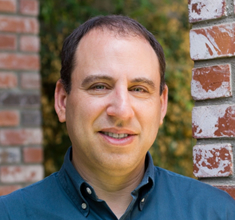 Abusive lawsuits and legal maneuvers threaten our communities and our members by silencing them under the weight of excessive litigation and costly attorney’s fees.
Abusive lawsuits and legal maneuvers threaten our communities and our members by silencing them under the weight of excessive litigation and costly attorney’s fees.
If a member of your community criticizes a company, and that company doesn’t like it, they can sue you or your member. Even if you are completely in the right, your finances can be drained as you work to defend yourself. For this reason, many community professionals simply opt to fold to demands and remove the content, even if it would otherwise be acceptable.
Our guest is Eric Goldman, a professor of law at the Santa Clara University School of Law. His focus is internet law and he is part of a group working to pass federal legislation that will make it harder for these speech-chilling lawsuits to be successful. Plus:
- How companies are contractually supressing consumer reviews
- The most crucial piece of legislation for U.S.-based community professionals
- Understanding the difference between your terms of service and your community guidelines
Continue reading “Abusive Lawsuits Can Silence Your Community (Even if You’ve Done Nothing Wrong)”

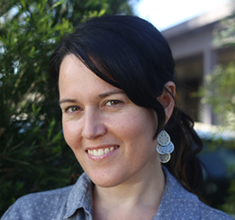 Last week, the European Commission announced that Facebook, Twitter, YouTube and Microsoft had agreed to
Last week, the European Commission announced that Facebook, Twitter, YouTube and Microsoft had agreed to  WordPress powers more than 25% of the web. It’s open source software, driven by community contributions. But it’s also big business, with many companies generating millions of dollars in revenue by offering products and services that cater to people and organizations who use it.
WordPress powers more than 25% of the web. It’s open source software, driven by community contributions. But it’s also big business, with many companies generating millions of dollars in revenue by offering products and services that cater to people and organizations who use it.
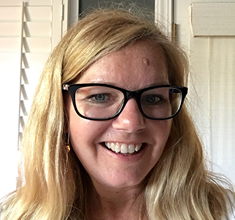 Twenty years ago, this month, Ultimate Bulletin Board was released. You may not know the name, but this early community software introduced or popularized numerous conventions that we now simply take for granted.
Twenty years ago, this month, Ultimate Bulletin Board was released. You may not know the name, but this early community software introduced or popularized numerous conventions that we now simply take for granted.
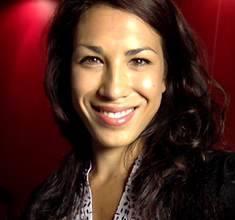 Treating community as a product is really about the technology that powers the community. Improving it, adjusting settings,
Treating community as a product is really about the technology that powers the community. Improving it, adjusting settings, 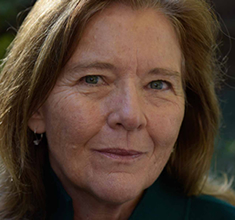 Jenna Woodul was the first chief community officer. She and Peter Friedman co-founded
Jenna Woodul was the first chief community officer. She and Peter Friedman co-founded 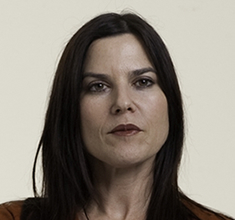
 Allison Leahy,
Allison Leahy, 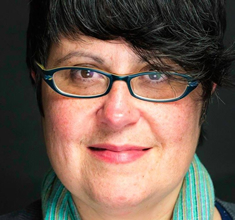 When you are hiring for your community team, you might post a job online, read through applications, identify candidates, conduct interviews and choose the best one. It’s a long process, and it can be difficult to get to know any candidate all that well.
When you are hiring for your community team, you might post a job online, read through applications, identify candidates, conduct interviews and choose the best one. It’s a long process, and it can be difficult to get to know any candidate all that well.